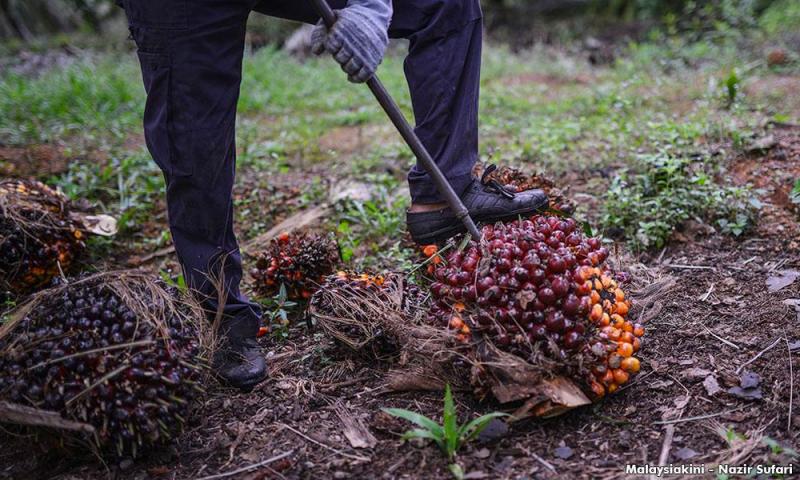Boycott does not address the real issue
A short 1:30 animated film themed “Rang-tan: the story of dirty palm oil” released by Greenpeace International on Youtube has definitely stirred up a ripple effect across the Atlantic Ocean, smashing onto the Malaysian shore subsequently.
While Iceland Foods Ltd (trading as Iceland), a British supermarket chain headquartered in Wales, managed to scoop up extra publicity for its 2018 Christmas campaign by repurposing the Greenpeace ad, the stakeholders of oil palm industry were served the bitter pill.
The ad features a young girl and a baby orangutan telling his story of how his home is being destroyed for the sake of our insatiable demand for palm oil. It is an undeniable fact, that unsustainable agricultural practices are devastating irreplaceable swathes of prime rainforest globally.
The call for palm oil boycott ensued, as we all know it. You may label it a campaign against palm oil or a call for the industry to clean up its acts. It ignited a debate on whether consumers should boycott products containing palm oil, or could the boycott actually increase deforestation?
Joe Fassler, associate editor at The New Food Economy who writes for The Atlantic and the Boston Review, had his thought-provoking article published in Smithsonian Magazine, which carries a puzzling yet promising headline: Giving Up Palm Oil Might Actually Be Bad for the Environment.
He challenges our minds further with another scenario, saying: “And it’s increasingly apparent that even if they could boycott the stuff, that might not be so wise: As destructive as the oil palm is to the environment, it may be better than the alternatives. No other crop can yield even a third as much oil per acre planted. And along with using less land, the oil palm gobbles up significantly fewer pesticides and chemical fertilizers than coconut, corn or any other vegetable oil source.”
Three other reputable authors - Jake Bicknell, Postdoctoral Research Associate, University of Kent; Eleanor Slade, Research Fellow, University of Oxford; and Matthew Struebig, Senior Lecturer in Biological Conservation, University of Ken – claim that palm oil boycott could actually increase deforestation. The report was published online by The Conversation on 14 November 2018.
According to the same independent source of news and views, compared to other common sources of vegetable oil – such as rapeseed and soybeans – palm oil crops yield four to ten times more oil per unit of land, and require far less pesticide and fertiliser. In fact, palm oil makes up 35% of all vegetable oils, grown on just 10% of the land allocated to oil crops.
The authors point out that if other crops such as soybean replaced a shortfall in palm oil, this would not only shift more production to the Amazon (a major soy-producing region), it would also require more land, leading to more deforestation. Indeed, soybean farming is already responsible for more than double the deforestation of palm oil. In the context of other food sources, livestock and beef production has led to more than five times the amount of deforestation, compared to palm oil.
Their claim is congruent with a study conducted by the International Union for the Conservation of Nature (IUCN) report Oil Palm and Biodiversity, which was published on 26 Jun 2018. The report says that: “Given other oil crops require up to nine times as much land to produce than palm oil, its replacement would significantly increase the total land area used for vegetable oil production to meet global demand. Avoiding further palm oil-related deforestation will deliver the biggest gains for biodiversity by far.”
“Half of the world’s population uses palm oil in food, and if we ban or boycott it, other, more land-hungry oils will likely take its place. Palm oil is here to stay, and we urgently need concerted action to make palm oil production more sustainable, ensuring that all parties – governments, producers and the supply chain – honour their sustainability commitments,” IUCN Director General Inger Andersen remarked.
RM12.50 / month
- Unlimited access to award-winning journalism
- Comment and share your opinions on all our articles
- Gift interesting stories to your friends
- Tax deductable
